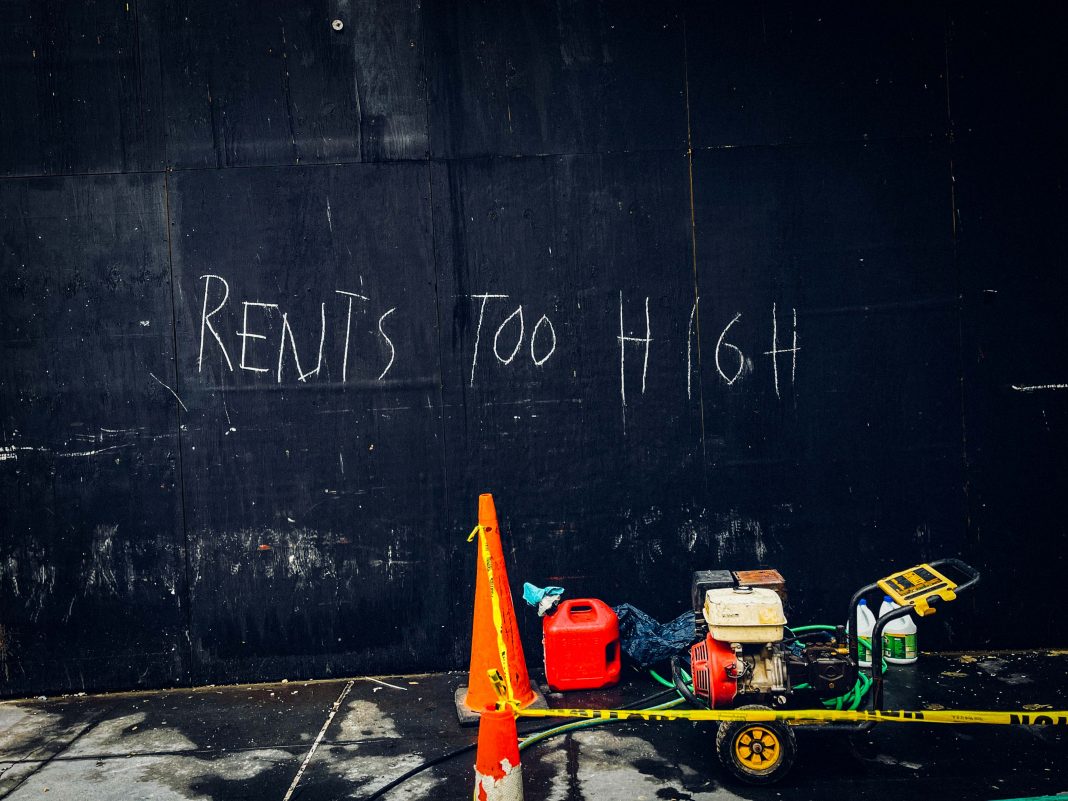Access to adequate housing is a human right. And yet, we are still struggling to accommodate everyone in our cities. To understand why – and ultimately resolve this issue – we need to take a deep dive. Let’s explore the history, conditions, and issues of the right to adequate housing.
A Brief History Lesson
The right to adequate housing was first recognised in 1948 as part of the Universal Declaration of Human Rights. Article 25 declares:
“Everyone has the right to a standard of living adequate for the health and well-being of himself and of his family, including food, clothing, housing and medical care and necessary social services, and the right to security in the event of unemployment, sickness, disability, widowhood, old age or other lack of livelihood in circumstances beyond his control.”
In 1966, the right to adequate housing was also mentioned in the International Covenant on Economic, Social and Cultural Rights and, later on, in several other international treaties. In fact, all states worldwide have committed to guaranteeing this right in one way or another. How come? They have all signed at least one international declaration, action plan, or other document referring to the right to adequate housing.
What Is the Right to Housing?
As a human right, the right to adequate housing is fundamental to ensuring people live in dignity and can enjoy other related rights.
According to the United Nations Committee on Economic, Social and Cultural Rights, the right to adequate housing should be interpreted broadly as the right to a home that provides security, peace, and dignity. This definition might sound a little vague; however, there are seven concrete criteria a home has to fulfil to be considered adequate:
- Security of tenure: this includes protection from forced evictions, harassment, and other threats.
- Availability of services, materials, facilities, and infrastructure: residents must have access to basics like drinking water, energy, and clean facilities.
- Affordability: relatively self-explanatory – if housing is too expensive, residents might struggle to enjoy other human rights.
- Habitability: adequate housing guarantees physical safety, provides shelter from the elements, and protects residents from other health or structural threats.
- Accessibility: housing must be fit for the needs of disadvantaged and marginalised groups.
- Location: adequate housing is close to job opportunities, healthcare services, educational infrastructure, and social facilities. It is not near dirty or dangerous areas.
- Cultural Adequacy: residents must be able to express their cultural identity in and through their homes.
Common Misconceptions
Despite these clear criteria, many argue that the concept of adequate housing is somewhat airy-fairy. To elaborate further on what exactly the right to housing means, let’s briefly look at what it doesn’t mean.
It does not mean that the government has to build housing for everyone. The right to adequate housing doesn’t legally oblige a state to increase the public housing stock. However, the state has to guarantee, for instance, that no one is homeless, forcefully evicted, or discriminated against on the housing market. This can be achieved through various legislative, administrative, and other measures (more on this below).
The right to adequate housing also isn’t a long-term goal. It requires states to take action immediately and to ambitiously work towards providing housing that is suitable for everyone. That means governments must “make every possible effort, within their available resources, to realize the right to adequate housing and to take steps in that direction without delay“.
And, lastly, the right to housing neither prohibits projects that could displace people, nor does it automatically grant people the right to property or land.
What Does This Mean for States?
States have a threefold obligation in guaranteeing the right to adequate housing. They must:
- Respect the right by not impairing it.
- Protect it by ensuring other parties (such as private businesses) respect it.
- Fulfil the right, i.e., take all necessary measures to realise it.
Why Does It Matter?
Apart from the fact that adequate housing guarantees a life of dignity and the enjoyment of other human rights, it could also be key to solving many problems currently faced in cities: homelessness, discrimination, poverty, etc.
In fact, Leilani Farha, former UN Special Rapporteur on the right to adequate housing, believes that many of the issues in our cities are actually housing-related. This means, by solving the housing crisis, we can solve many other problems. One example: public interest lawyer Sczerina Perot argues that guaranteeing the right to adequate housing and hence ending homelessness can save a huge sum of money.
Not yet convinced of the massive impact housing has on our cities and lives? Check this out:
Many experts we’ve spoken to personally have also highlighted the importance of the right to housing. Sierra Atilano from the Skid Row Housing Trust, for example, says:
“I think that it’s inhumane to ask people to live on the streets, or to live without housing, no different than it would be to live without air, to live without food, or to live without water. So, it’s a basic necessity that I believe everyone should have.”
And Barbara Steenbergen from the International Union of Tenants highlights:
“The housing market is driven by profit. It is not driven by giving the people a roof over their heads, giving the people security of tenure. The fundamental right to housing must be achieved for everybody.”
Why Is It Not Implemented Properly?
So, if the right to adequate housing is so important, why is it not implemented properly? Why are over 1.5 billion people worldwide still not housed adequately?
One major issue is that housing is currently not viewed as a human right by most people. Due to the massive financialisation and privatisation of the market, housing has become a commodity, a good investment opportunity. It is no longer seen or treated as a basic human need.
Another issue is that human rights are not always easily enforceable. They form part of a declaration and not a hard law; meaning, there are not enough regulations to guarantee the realisation of the right to adequate housing. Leilani Farha argues that “States are not always aware of how human rights obligations apply in the context of housing and, more importantly, of how those obligations can be translated into concrete actions to address the crisis”. So, it is often unclear what the right to adequate housing means and how it can be implemented.

How Can It Be Implemented Properly?
That’s a valid question. We’ve tried to answer it, drawing from this extensive report by Leilani Farha. Her expertise has helped us identify these five key steps towards implementing the right to adequate housing:
1. Develop a Clear Strategy
Talking about the right to adequate housing is good. Guaranteeing it is better. To do so, governments require a clear strategy. And by clear, we mean: having concrete goals, reaching them within a determined time frame, and using all available resources to do so. For this, new legislation on a local, national, and international level is needed.
2. Monitor, Monitor, Monitor
To make sure governments stick to this clear strategy, an independent monitoring body needs to be set up. It will oversee the strategy as well as its implementation and regularly conduct reports on the progress made. Governments must be held accountable by legally obliging them to respond to and act upon these reports.
3. Citizens Need to Have a Say
As with almost anything, participation is key. Citizens should be able to influence and challenge housing-related decision-making to ensure their needs are met. This is especially important for vulnerable, discriminated against, or marginalised groups. Ways to ensure citizen participation include guaranteeing the right to equal participation and addressing current barriers to it.
4. Count on Accountability
As mentioned before, the monitoring body needs to hold governments accountable. In turn, however, they need to make sure that third parties, like private investors and stakeholders, comply with the right to adequate housing. If someone impairs the right, there have to be legal remedies.
5. Change the Mindset
Lastly, it is necessary to change the overall perception of housing. Leilani Farha states that those active in the housing sector need to realise that they are engaging in a human right – not in an investment opportunity. We need to start viewing housing as what it truly is: a basic human need. We must view it as a fundamental right that cannot be compromised and is interdependent and indivisible with other rights. After all, the right to adequate housing is the right to a home in which a person can live in security, peace, and dignity.
Guaranteeing the Right to Housing in a Nutshell
The right to adequate housing was first recognised in 1948, yet we are still struggling to guarantee it. Changing the status quo requires a massive legal, administrative, and societal change. However, with a bit of courage and the right plan, we can master this challenge. Let’s summarise how you can work towards guaranteeing the right to housing:
- Have a clear strategy.
- Monitor the progress and hold officials accountable.
- Make sure people have a say and no one is left behind.
- Keep an eye on third parties and remind them of their duty.
- Gradually change people’s perception of housing.


